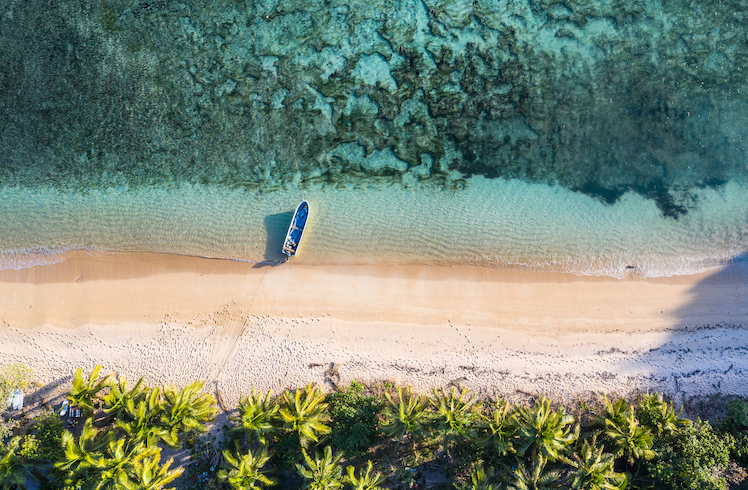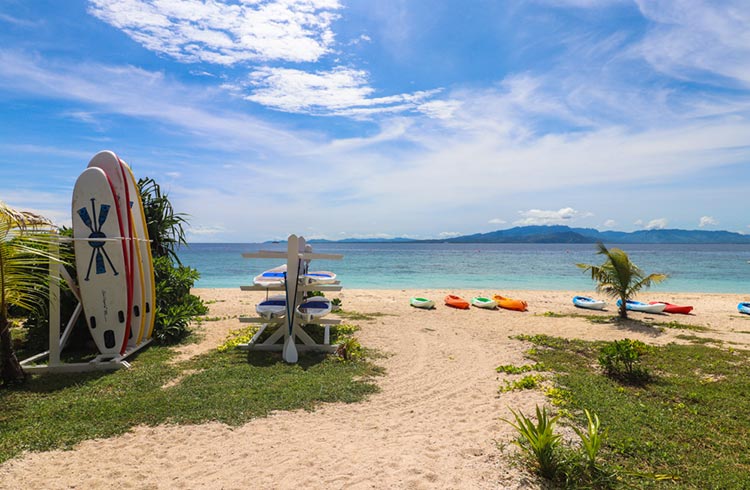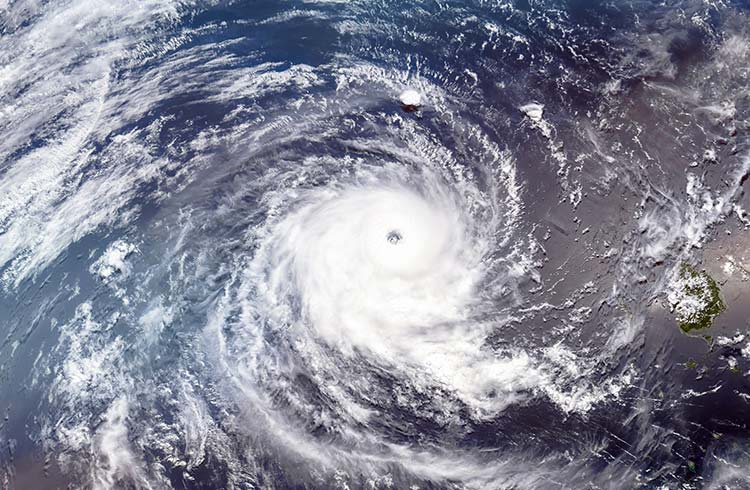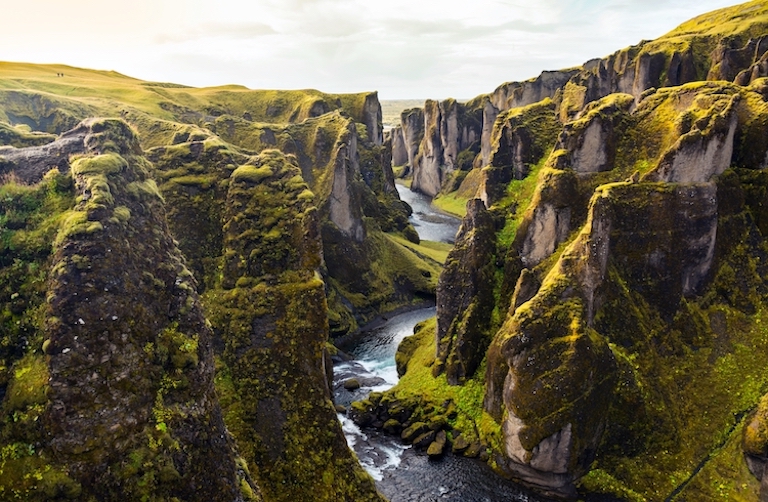Is Fiji Safe? Essential Travel Tips for Visitors
Made up of 333 islands, the small tropical Pacific nation draws snorkelers, scuba divers and beach lovers. Here’s what you need to know to stay safe.
 Photo © Getty Images / Didier Marti
Photo © Getty Images / Didier Marti
- Climate and weather
- Driving and getting around
- Water sports in Fiji
- Crime in Fiji
- Staying healthy in Fiji
- Drugs and alcohol in Fiji
- LGBTQ+ and women's safety in Fiji
Climate, weather and natural disasters
Fiji experiences cyclones (usually between November and April), and resulting flooding and landslides, potentially cutting power, disrupting flights and boats, and blocking roads.
In the event of a cyclone always follow evacuation plans at your accommodation and listen to any government advice regarding use of shelters and other information.
Earthquakes and tsunamis can also occur, the latter often happening because of the former. If a tsunami warning is given, move to higher ground immediately. If you are caught up in a serious event, contact family and friends to let them know where you are, listen to local media for information, follow government advice, and carry your passport and other valuable papers in a waterproof bag.
Driving and getting around
Fiji’s road system can be a bit unreliable with some roads in poor condition, and often lacking in signage and street lighting. Pedestrian crossings may not exist and animals often use the road, too. Stick to main roads, avoid driving at night, and always carry your driver’s license.
As well as hire cars, taxis are available – always use licensed operators – and there are licensed minibusses with yellow number plates.
If traveling by boat between islands, make sure it is a licensed operator and that there is well-maintained safety equipment on board. Never travel on an overloaded vessel.
Water sports in Fiji
This island nation offers a huge number of activities to be enjoyed off its sandy shores. It’s important, however, to be aware of rips and tides and to follow any warning signs on beaches.
Only scuba dive with an accredited operator with well-maintained equipment and proper training. Dive within safe limits and follow all instructions. Fiji only has one decompression chamber, and it is not always available.
Crime in Fiji
Crime in Fiji is usually petty and opportunistic, usually committed at night and in urban tourist areas.
Credit card fraud and card skimming are not uncommon. Protect your PIN and use ATMs in banks or hotels. Check your card statement for signs of fraud. Only carry the cash you need for a night out, keep car windows up and car doors locked.
Staying healthy in Fiji
In a medical emergency, hospitals usually need to see evidence of medical insurance, and an up-front deposit.
Avoid drinking tap water unless it has been boiled or treated. Don’t use ice cubes, and only eat food you know has been freshly prepared.
Zika and dengue fever are present in Fiji – avoid these and other mosquito-borne illnesses by wearing long, loose clothing and using insect repellent.
Drugs and alcohol in Fiji
Don't use or carry illegal drugs. Penalties include prison sentences, even for possessing small amounts of drugs.
You can be arrested for being drunk and disorderly. You can be fined and detained if you cause damage to property or assault police officers.
It's illegal to be under the influence of alcohol while you're at an airport or on a plane.
Kava, a traditional Pacific region drink, can be a health risk.
It can be dangerous if it reacts with alcohol, prescription medication, including antidepressants
If you're intoxicated, police may detain you as you arrive.
LGBTQ+ and women’s safety in Fiji
Same-sex relationships are legal, but some locals don't accept them. Consider limiting public displays of affection, especially in rural areas.
Fiji is generally a safe place for women travelers. If you’re traveling alone, you may attract stares or whistles, but most Fijian men are friendly and helpful. Always be cautious traveling to remote places alone.
Related articles
Simple and flexible travel insurance
You can buy at home or while traveling, and claim online from anywhere in the world. With 150+ adventure activities covered and 24/7 emergency assistance.
Get a quote


No Comments